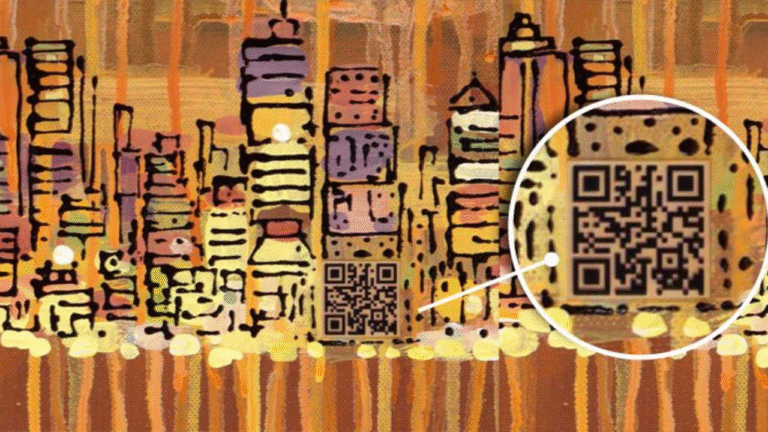In the digital age, QR codes have become an everyday tool for accessing information quickly. Whether it’s scanning a code to open a restaurant menu or making a payment, QR codes are everywhere. Among the various types, a lesser-known but intriguing type is the “random QR code.” But what exactly is a random QR code, and how is it different from traditional ones?
What Is a Random QR Code?
A random QR code is a QR (Quick Response) code that is generated using random data or content, often without a predefined destination or purpose. Unlike static QR codes that link to a specific website, video, or digital document, random QR codes might point to:
-
Random URLs
-
Encrypted strings
-
Wi-Fi access credentials
-
Digital business cards with random contact data
-
Promotional codes or coupons
Sometimes, these are used for experimental, marketing, or entertainment purposes. In other cases, random QR codes are used for testing scanners, software, or even as part of digital security measures.
How Are Random QR Codes Created?
Random QR codes are generated using QR code generators that allow input of any custom data. Here’s how it works:
-
Random String Generation: First, a random alphanumeric string or URL is generated using a tool or algorithm.
-
Encoding: This string is then encoded into the QR code format.
-
Display or Print: The resulting QR code can be saved, displayed on a screen, or printed for physical use.
There are free tools online that let you generate random QR codes with one click. Developers can also write scripts in Python or JavaScript to generate a batch of random codes for testing or other use.
Common Uses of Random QR Codes
1. Marketing Campaigns
Some companies use random QR codes in flyers or product packaging to create mystery offers. For example, scanning a random QR code might take you to a surprise discount, a hidden video, or a unique promotional page.
2. Treasure Hunts and Games
Random QR codes are increasingly being used in games and scavenger hunts. Each code leads to a different clue or challenge, creating a more interactive experience.
3. Testing Purposes
Developers and UX designers use random QR codes to test mobile apps, scanning speeds, or camera capabilities on various devices.
4. Authentication and Security
In advanced security systems, random QR codes can be used as part of a time-sensitive authentication process. These codes change every few seconds and are scanned by a trusted device to confirm identity.
5. Learning and Education
Teachers can create quizzes or challenges using random QR codes that lead students to different questions, videos, or learning resources.
Are Random QR Codes Safe?
Like all QR codes, random QR codes come with risks, especially if they are scanned blindly. Since you don’t know what a random code links to, it could potentially:
-
Redirect to a malicious website
-
Trigger the download of a virus or malware
-
Display inappropriate content
-
Initiate a phishing attempt
Safety Tips:
-
Use a QR scanner app that previews the URL before opening.
-
Avoid scanning QR codes from unknown or suspicious sources.
-
Be cautious if a random QR code asks for login credentials or payments.
How to Generate a Random QR Code?
If you want to create your own random QR code, follow these steps:
-
Generate Random Content: Use a tool or script to create a random string or URL.
-
Choose a QR Code Generator: Use a trusted online QR code generator like:
-
QRCode Monkey
-
GoQR.me
-
QR Code Generator by Shopify
-
-
Paste the Random String: Input your random content.
-
Customize and Download: Many tools allow color and design customization.
-
Test the QR Code: Before sharing, test the code using your phone or QR scanner app.
Fun Ideas for Using Random QR Codes
-
Daily Inspiration: Create a board with QR codes that link to random quotes or uplifting content.
-
Event Prizes: At events, let attendees scan random QR codes to win different types of rewards.
-
Study Breaks: Teachers can generate fun trivia or mini-games through QR codes for a refreshing break.
Final Thoughts
Random QR codes might seem chaotic, but they offer a world of creative and practical uses. From boosting engagement in marketing campaigns to enhancing security protocols, these codes are more than just digital noise. However, caution is essential — never scan a random QR code from an untrusted source without verifying where it leads.
As QR technology continues to evolve, the random QR code represents both the fun and complexity of the digital world — unpredictable, versatile, and powerful when used correctly.

